We recently connected with Alycia Dantier and have shared our conversation below.
Alycia, we’re so excited for our community to get to know you and learn from your journey and the wisdom you’ve acquired over time. Let’s kick things off with a discussion on self-confidence and self-esteem. How did you develop yours?
I didn’t start off confident. In fact, for most of my childhood and early teen years, I was stuck in a cycle of perfectionism, comparison, and inner criticism. I was the kid who looked “put together” on the outside—turning in assignments on time, making good grades, getting along with teachers. But inside, I constantly questioned my worth. I looked around at other people and thought, What do they have that I don’t? Why do they seem so loved, so confident, so sure of themselves—and I don’t?
I searched for approval everywhere: from my friends, my teachers, my parents—and even from God. But I had a warped view of God’s love. I thought my inner critic was the Holy Spirit, and I believed that to be loved by God, I had to be perfect. I pushed myself to read my Bible, pray every day, and do all the “right” things—but deep down, I was doing it all out of fear and pressure, not love. I didn’t feel safe to fail. I didn’t feel confident. I just felt exhausted and not enough.
That mindset followed me for years—until I began to unpack it through therapy, mentorship, and lots of quiet moments with God. I started to realize that my confidence had been conditional: I’ll be confident when I finally look a certain way. When I get that role. When I meet the right person. When I stop struggling. But true confidence doesn’t come from achievements or perfection. It comes from identity—knowing who you are and whose you are.
Step by step, God helped me rebuild that foundation. I began to replace lies with truth. I learned that the voice constantly tearing me down was not God—it was the enemy. Scripture reminded me that “There is no condemnation for those who are in Christ Jesus” and that God gives us a spirit not of fear, but of power, love, and a sound mind. When I really let that truth sink in, it changed everything. I started to realize that my worth wasn’t based on my performance. If I was worth the life of Jesus Himself, then who was I to talk down to myself? I stopped letting shame be my motivator and started practicing speaking life over myself instead.
That was the turning point—the deep, soul-level confidence. The kind that doesn’t disappear when you make a mistake or have an off day. The kind that says, I’m still valuable even when I mess up. Once that foundation was in place, I could work on the other kind of confidence too—the visible, practical kind. Things like speaking up, walking with good posture, expressing my opinions, trying new things. Those are skills anyone can learn—but they’re most powerful when they’re built on a foundation of knowing your true worth.
Now, as a confidence coach for tween and teen girls, I get to walk others through the same journey I went on. Many of them are quiet, shy, or hard on themselves. They want to feel confident not just deep down, but in everyday situations—like raising their hand in class, trying out for a team, or being themselves around new people. I help them build that inner confidence by rooting their identity in truth, and then give them practical tools to grow their outward confidence too—through body language, voice inflection, setting goals, and taking small daily steps.
One of the biggest lessons I share is this: confidence grows through action. Not through waiting to feel ready or perfect. If you want to feel more confident, pick two things that matter to you—maybe it’s turning in your work on time or eating better—and take one small step each day toward those goals. Set your mornings up to reflect who you’re becoming. And when you mess up? Don’t spiral. Just try again, grounded in the truth that your value hasn’t changed one bit.
Confidence is a journey. It’s not linear. It takes trial and error, grace and growth. But it’s absolutely possible. And it starts by choosing to believe what God says about you—even on the days it’s hard to feel it. You are fearfully and wonderfully made. You are deeply loved. And the world is better because you’re in it.
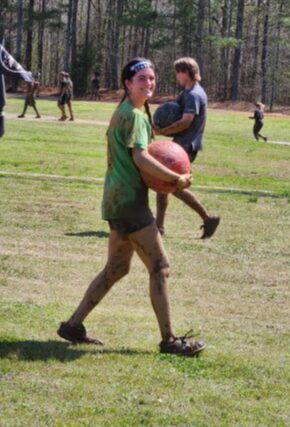
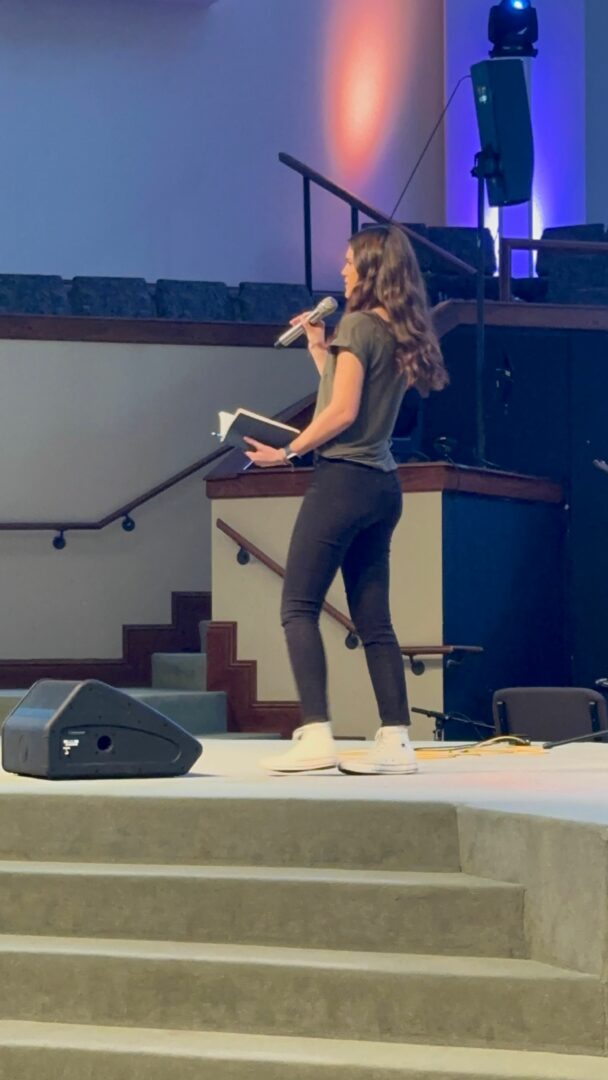
Appreciate the insights and wisdom. Before we dig deeper and ask you about the skills that matter and more, maybe you can tell our readers about yourself?
I absolutely love what I do, and honestly, I never expected to get into this work at such a young age. I’m 20 years old and I work with tween and teen girls as a confidence, motivation, and life skills coach. I focus on helping them with time management, self-talk, emotional regulation, and goal-setting—equipping them with the practical and emotional tools they need to thrive. It’s about more than just productivity—it’s about helping them figure out who they are, how they want to show up in the world, and how to build a life they’re proud of.
What makes this work so special to me is that it’s deeply personal. The struggles these girls face are ones I walked through myself not long ago—trying to figure out identity, balancing expectations, building real confidence, and learning how to hear truth in a noisy world. In a season where they’re deciding who they want to be, it means so much to offer mentorship, support, and practical strategies that actually work. I also love that I get to partner with parents—sometimes echoing the things they’ve been trying to say in a way their daughters can finally hear and receive.
My journey into this career was unexpected and absolutely a “God thing.” I started out writing a blog and sharing reflections on confidence, perfectionism, and faith. One day, someone who had been following my blog reached out and invited me to be their executive assistant. That opportunity led to ghostwriting, managing marketing and newsletters, and eventually coaching. Since then, I’ve gone from assistant to lead coach and now support over 45 families through Unstoppable You Coaching, a company I’ve had the honor of helping to grow and shape.
In addition to coaching, I’m still actively writing. I run a blog at alyciadantier.com , where I share faith-based encouragement and resources for young women and the adults who support them. I run online, free webinars where I share practical tools rooted in both scripture and psychology to help girls and young women start showing up with boldness. Details and sign-up are available through my site or Instagram.
Ultimately, I want everything I do to point young women back to the truth of who they are: not just valuable, but chosen. Not just liked, but deeply loved. Whether it’s through coaching, speaking, or writing, my heart is to create spaces where girls can grow—not into someone else’s expectations, but into who they were always meant to be.
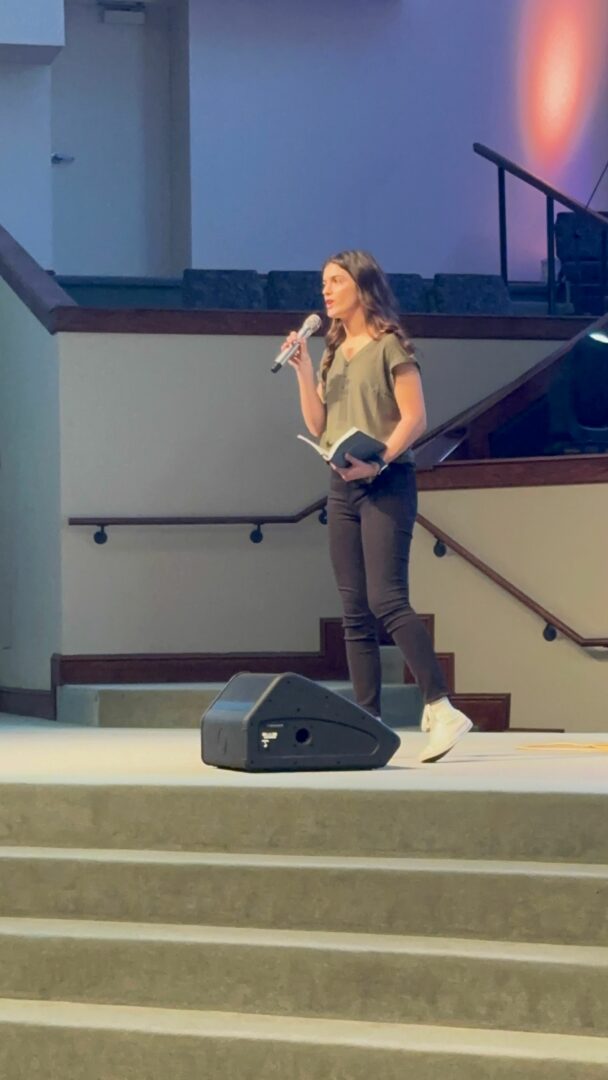

There is so much advice out there about all the different skills and qualities folks need to develop in order to succeed in today’s highly competitive environment and often it can feel overwhelming. So, if we had to break it down to just the three that matter most, which three skills or qualities would you focus on?
Looking back, the three most impactful qualities in my journey have been these 3:
1. Self-awareness: This was the game-changer. Once I started paying attention to my thoughts, my triggers, my habits, and the stories I was telling myself, everything shifted. Self-awareness is the foundation for growth—it helps you recognize patterns, clarify your values, and respond instead of react. My advice for building it? Start journaling consistently, ask for honest feedback, and spend quiet time with yourself. You can’t change what you don’t notice.
2. Resilience: Things will not always go as planned. There will be setbacks, rejections, burnout, and moments of doubt. But resilience isn’t about pushing through with fake positivity—it’s about learning how to bounce back with grace. For me, building resilience looked like giving myself permission to rest, reframing failure as feedback, and letting God speak truth over my inner critic. If you’re early in your journey, surround yourself with people who remind you who you are when you forget.
3. Communication: Whether you’re coaching, writing, leading, or simply navigating life, your ability to express ideas clearly and compassionately matters. Learning how to ask good questions, actively listen, speak with confidence, and tailor your message to your audience is an underrated superpower. The best way to grow here? Practice. Talk to people. Speak up even when you’re unsure. Watch how people you admire communicate. And always aim for connection over perfection.
Each of these areas is still a work in progress for me—but they’ve shaped how I lead, how I coach, and how I show up in my own life. My encouragement to anyone starting out is this: you don’t have to master everything at once. Just keep taking small, consistent steps. That’s where real growth begins.
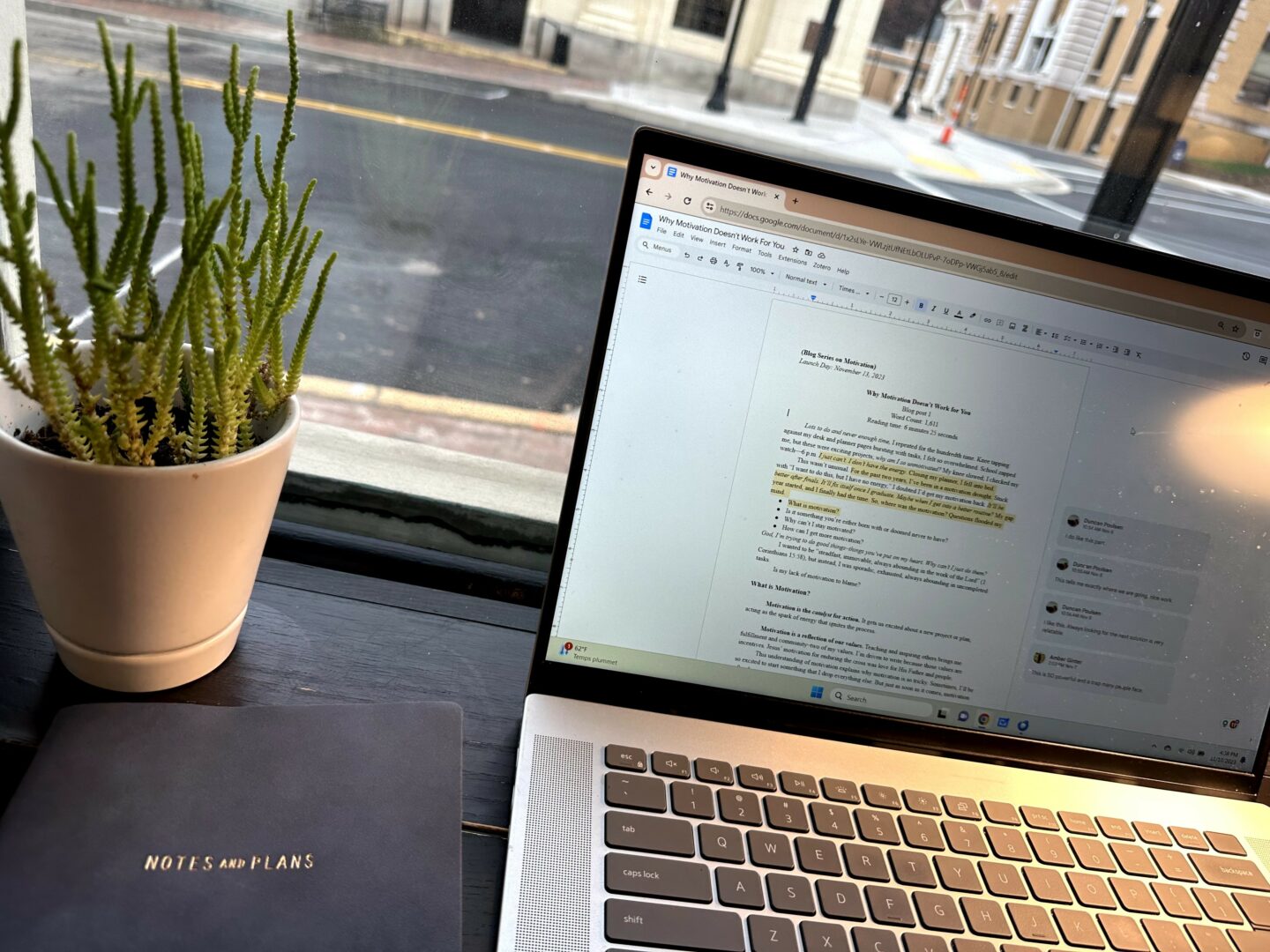
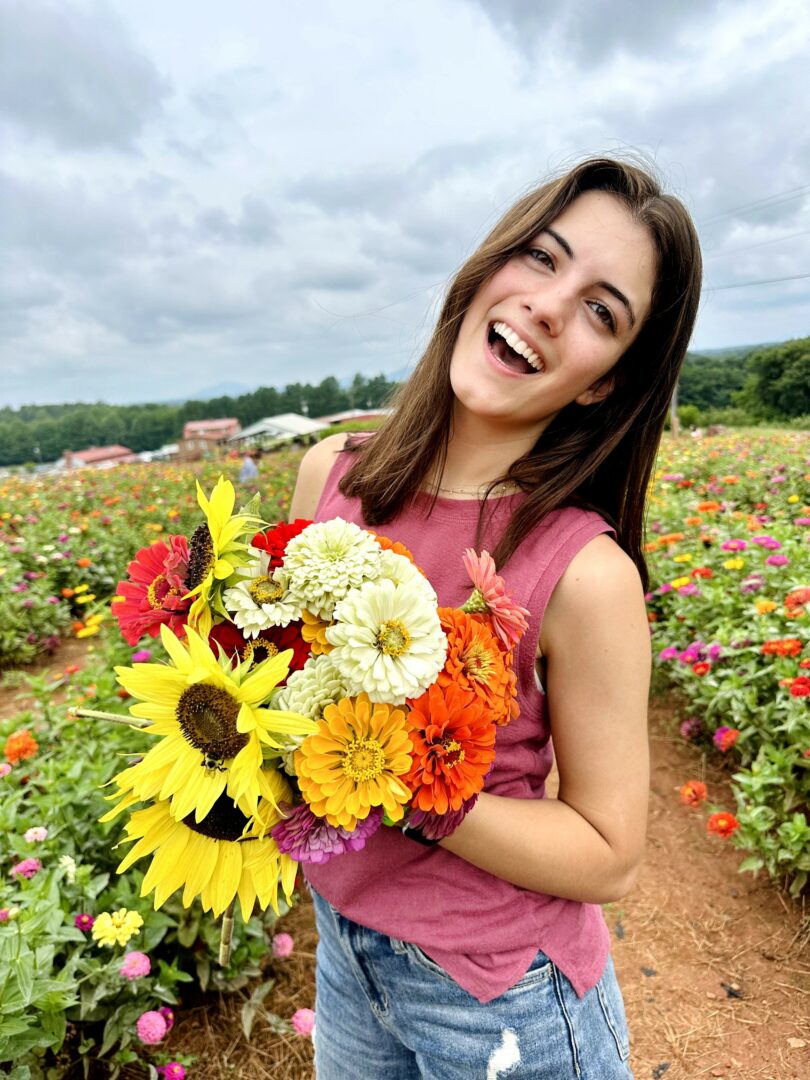
Okay, so before we go we always love to ask if you are looking for folks to partner or collaborate with?
Yes, I’m absolutely looking to collaborate! I’m especially interested in partnering with fellow writers, speakers, and coaches** who are passionate about reaching young women—particularly those in their teens to late twenties—with a message of hope, confidence, and grace.
If you care deeply about helping young women break free from perfectionism, grow in their relationship with God, and experience true peace and self-worth, I’d love to connect. I’m currently collaborating on **webinars, online events, and digital resources** designed to create safe, impactful spaces for personal and spiritual growth—and I’d be thrilled to explore ways we could combine our gifts and audiences to expand that impact.
If this sounds like you, feel free to reach out through my website alyciadantier.com or send me a DM on Instagram (@alyciadantier) or my email [email protected] . Let’s do something powerful together!
Contact Info:
- Website: https://alyciadantier.com/
- Instagram: https://www.instagram.com/alyciadantier/
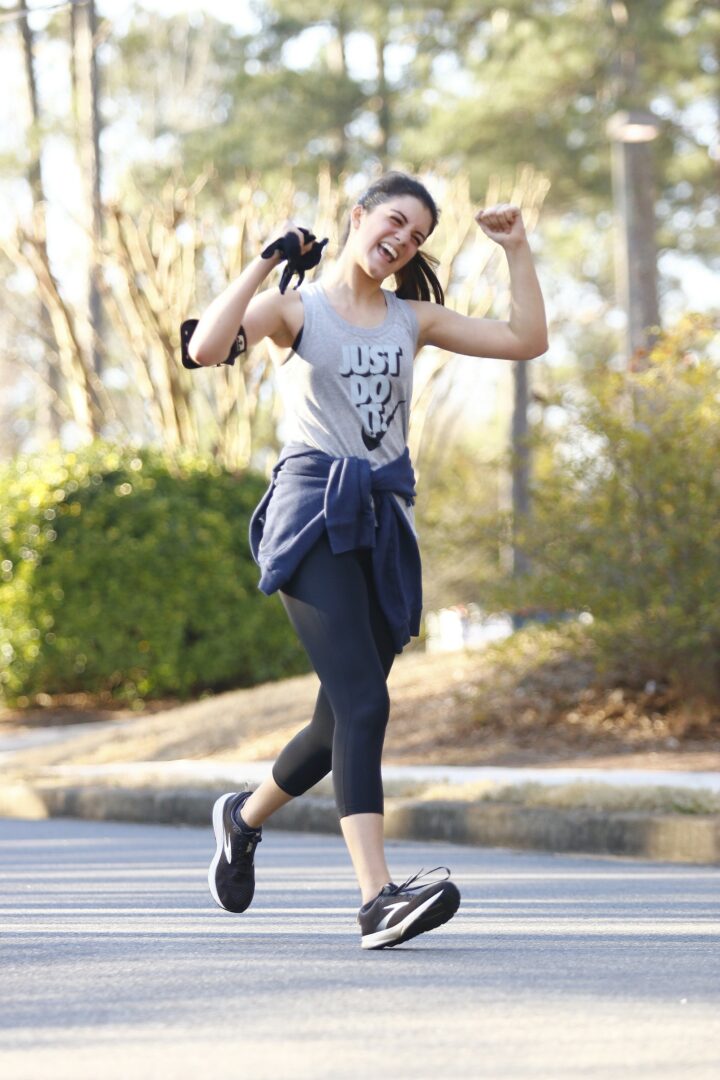
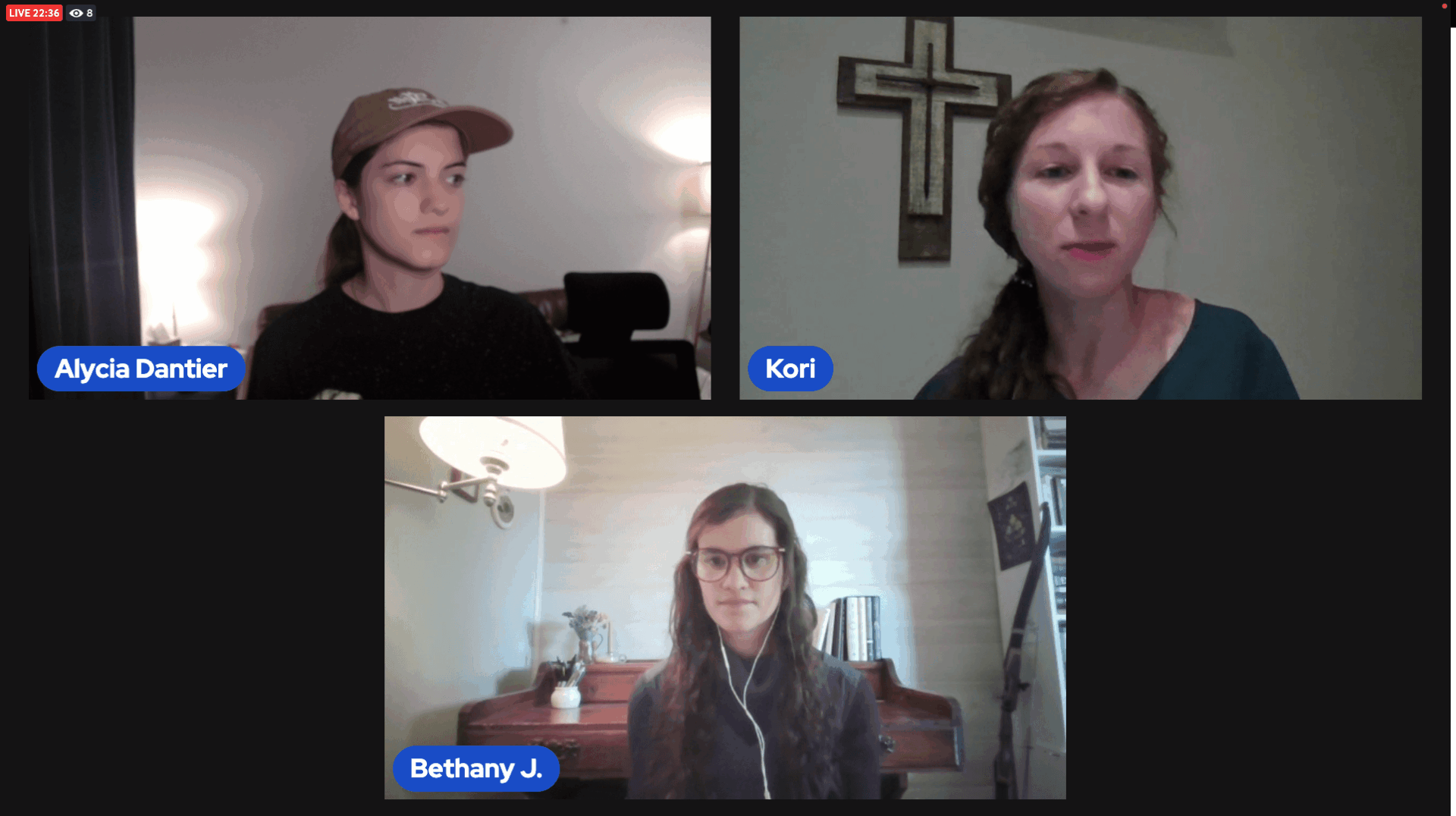
so if you or someone you know deserves recognition please let us know here.




